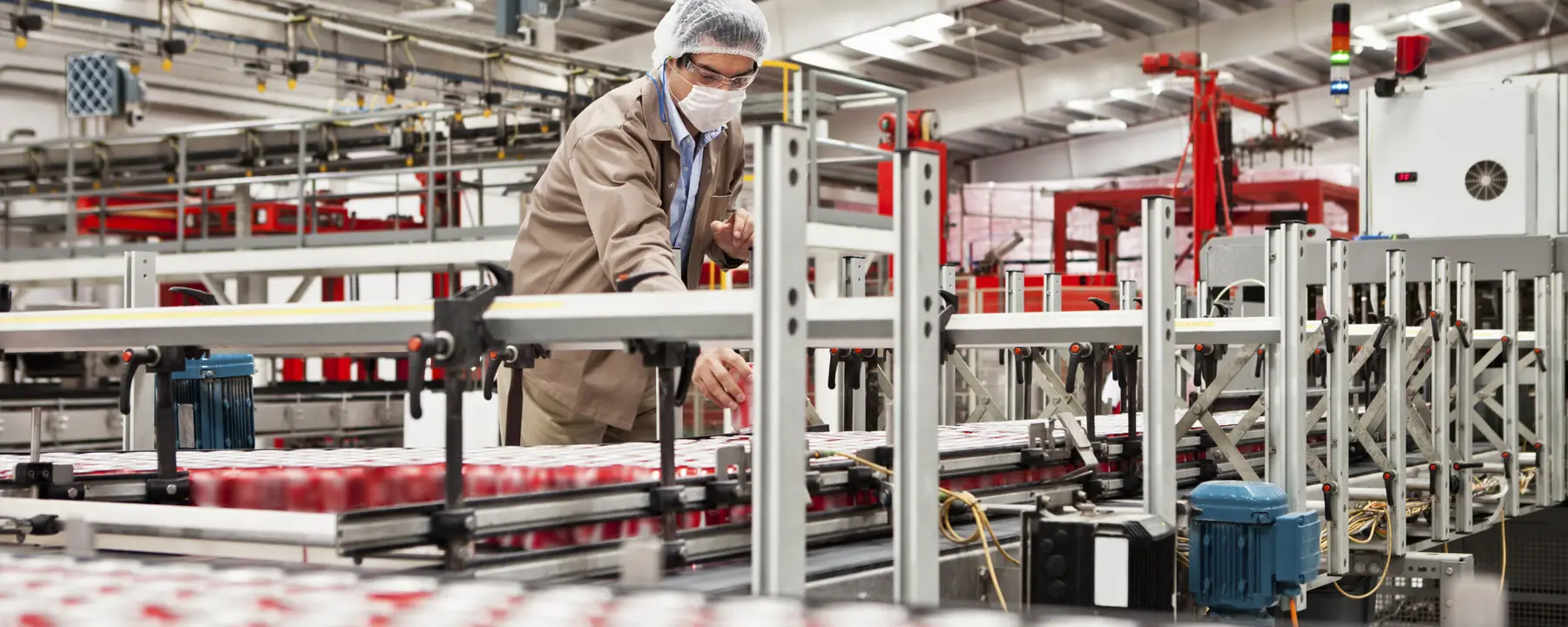Providing data on meat, poultry, and egg processing to track the safety of U.S. food production
Safe food is something many Americans take for granted, but it is actually the result of a complex, delicate system with numerous vulnerabilities on the path from farm to table. Some key defenders of food safety are America’s producers and processors of meat, poultry, and egg products, which are regulated by the Food Safety and Inspection Service, an agency of the U.S. Department of Agriculture. In ensuring the safety of these foods, a variety of scientific, technical, environmental, and animal welfare factors come into play.
Starting in 2001, FSIS selected RTI to collect information for a recurring series of surveys from facilities that slaughter and process meat and poultry, as well as those that process egg products. We conduct multi-mode surveys of more than 2,000 operations throughout the country, collecting data on their characteristics and food safety methods, including the use of new practices and technologies for controlling pathogens. Our goal is to help the industry assess its practices, to help FSIS set future regulations, and ultimately to protect the health of consumers.
Independent, Multi-Mode Surveys that Evolve with Changing Realities
We began this project in 2001 by developing the questionnaires and gaining approval from the Office of Management and Budget, and surveyed a different sector of the industry every year from 2004 to 2007. Since 2014, we have conducted a second round of surveys of egg-products processors and meat slaughter operations.
In each round, we have adjusted our methods and questionnaires to changing realities. We now offer an online option for completing the survey. Over the years, we have updated questions about specific sanitizing technologies, microbiological testing, and safety training techniques, and addressed new concerns, including food defense and the threat of terrorism.
We occupy a unique space in the food safety system, having worked for many years with the meat industry’s trade associations as well as with various USDA agencies. Yet we remain independent, and can assure survey participants that their responses are confidential. Having earned a high level of trust from the industry, we achieve high response rates, reaching above 80 percent for some industry segments.
Documenting Improvements in Food Safety Practices
Many of our findings point to positive developments for the nation’s consumers of meat, poultry, and egg products. In the 10 years between our surveys of the meat slaughter industry, the percentage of plants testing for harmful microbes beyond FSIS requirements increased from 50 percent to 72 percent. The egg products industry also saw improvements in food safety efforts, as evidenced by an increase of nearly 30 percentage points in the use of advanced pasteurization and integrated, computerized processing systems. These examples are consistent with other findings that show that more and more FSIS-regulated operations are increasing their food safety practices.
The snapshot of safety practices that our surveys provide serves as a useful tool for regulators. Using our surveys, FSIS gains a better understanding of the relationship between plant characteristics and food safety performance. We enable FSIS to keep up with developments in the industry, resulting in better policies that protect public health, and our findings have been published and presented at several national conferences.
- U.S. Department of Agriculture (USDA)
- Food Safety and Inspection Service (FSIS)
